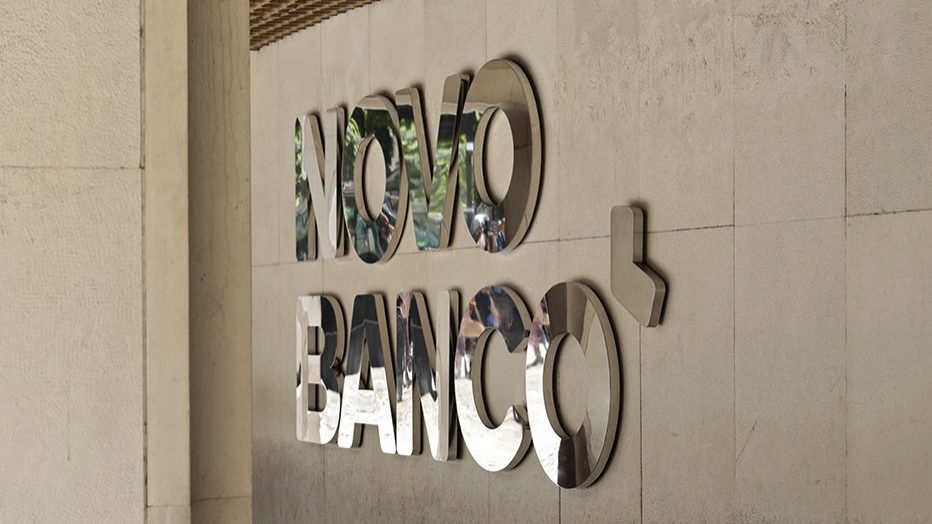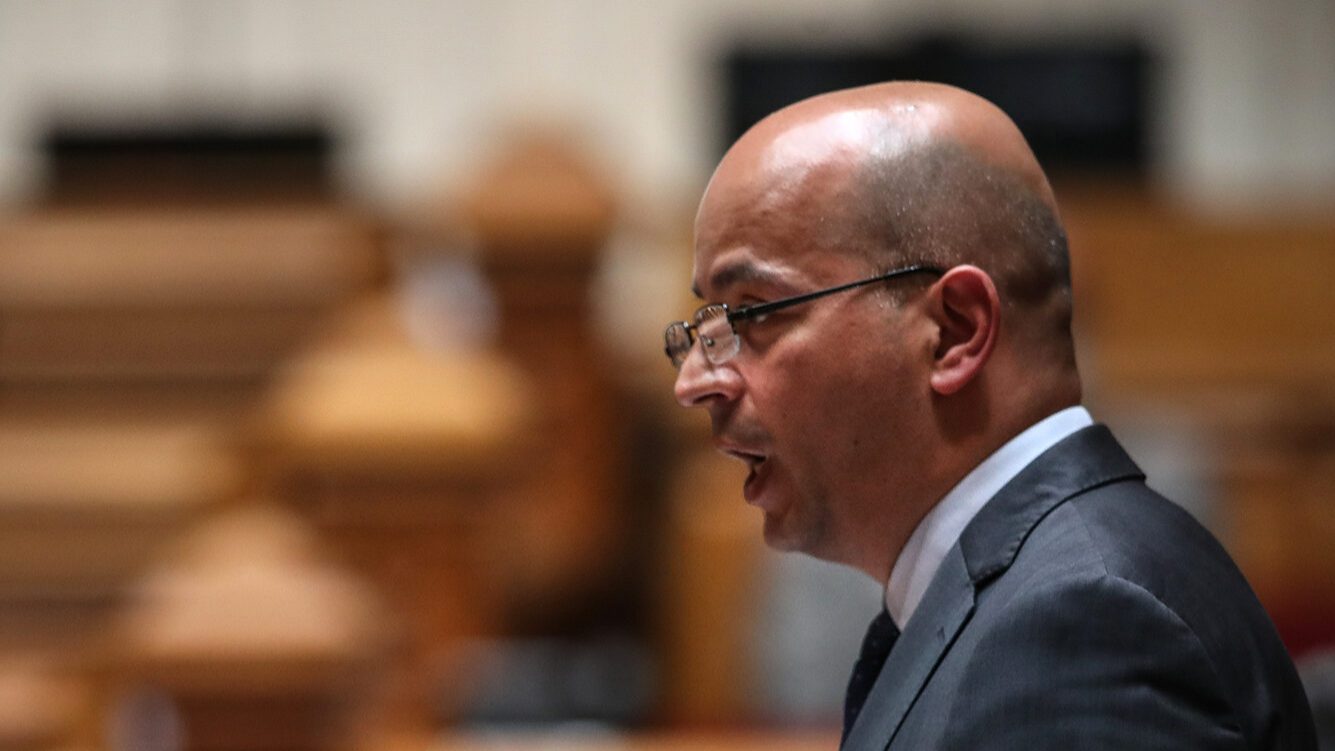Lone Star chooses Andres Baltar to lead corporate credit at Novo Banco
The General Council will appoint a new management team for Novo Banco this Thursday. Ramalho continues as CEO and Andres Baltar, of Barclays Bank, will be appointed as corporate director.
With Novo Banco setting the pace for negotiations on the State Budget 2021, Lone Star is preparing to make changes to the bank’s executive administration for the new cycle. António Ramalho will renew his mandate as CEO and Andres Baltar, until now head of corporate banking Europe at Barclays, will be the director in charge of corporate credit.
The manager has been with Barclays Bank since 2001, and according to the information available on its LinkedIn page, he was director of Middle East, Spain and Portugal and, since February 2018, is the maximum responsible for Barclays corporate banking for Europe.
This Thursday there will be a Supervisory Board and General Assembly meeting, chaired by Byron Haynes, to choose the new management team for the 2021-2024 term. Appointed four years ago, António Ramalho will remain CEO of an executive cast that will be smaller, at American majority shareholder’s option (controls 75% of the capital): he will now have six elements and not eight. Three managers will leave, at their own request: Vítor Fernandes, Jorge Freire Cardoso and José Eduardo Bettencourt, and only the first will be replaced. It is this position that will be occupied by a Spanish manager, according to ECO. Faced with this information, Novo Banco made no comments.
There are four other names that will remain on the executive board for the next four years: Luísa Soares da Silva (legal and compliance), Rui Fontes (risk), Luís Ribeiro (retail) and the Irish Mark Bourke (financial director). All appointments are still subject to approval by regulators.
The general board meeting will also approve the new business plan for a new phase in the bank’s life, which was born out of BES’s resolution in 2014. Prospects have changed in recent years and, it seems, there will no longer be access to the public guarantee scheme, since most of the toxic debt problems in the credit portfolio were sold. Behind it lies a demanding restructuring plan marked by a drastic reduction in the toxic legacy and size of the bank (sale of international operations and other non-core businesses, departure of workers and branch closures), as required by Brussels.


